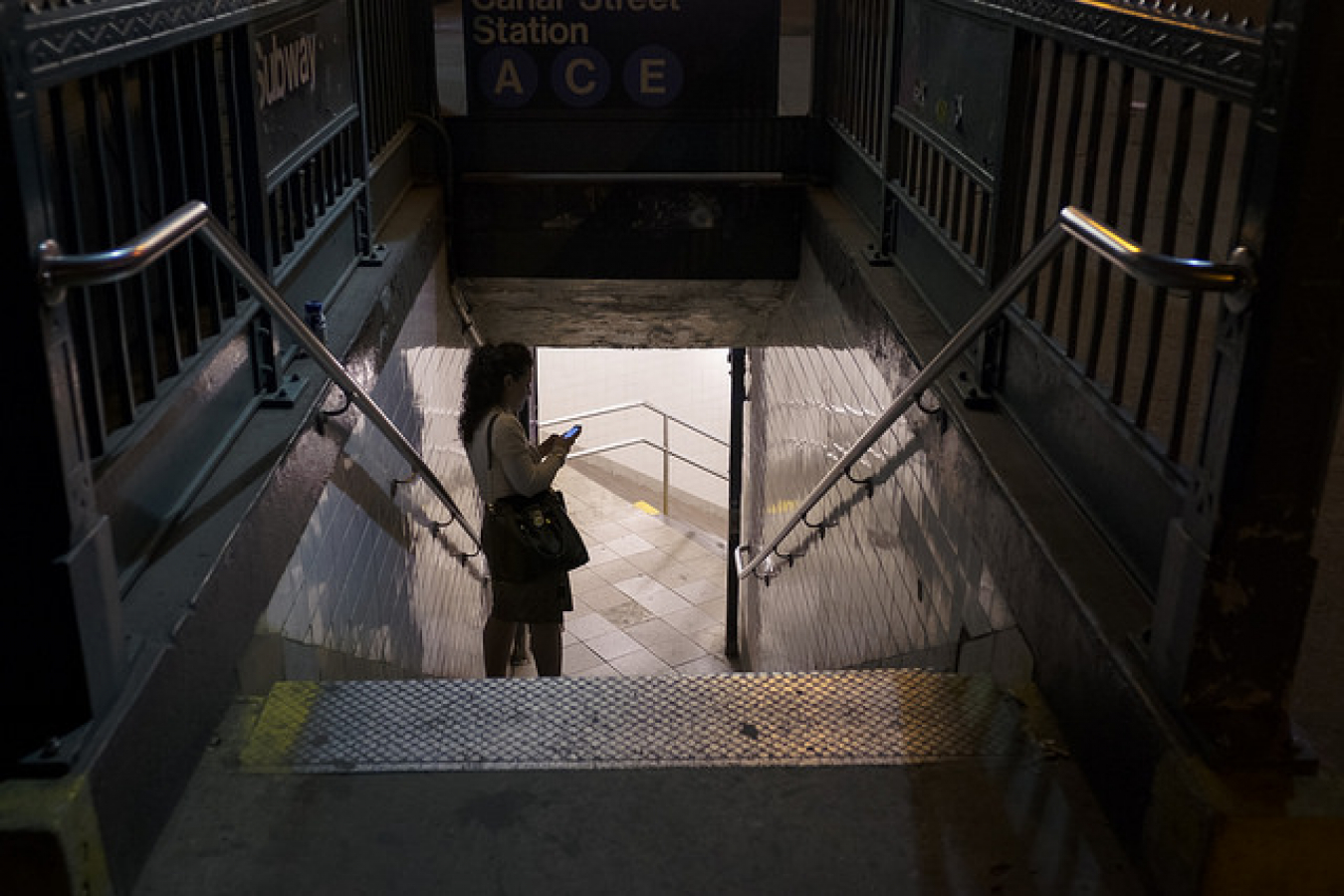The Senate has approved legislation to allow countries whose citizens do not require visas to enter the United States to get an additional year to issue new tamperproof, biometric passports.
The bill also lets US ports of entry an extra year to install new software and equipment that are capable of reading entry and exit documents containing biometric features electronically.
After 9/11, Congress voted to require biometric passports that enable officils to match an individual's physical characteristics with a digital image in his or her passport. This measure applies to visitors from the 27 visa-waiver countries, mostly located in Europe.
However, in March of this year the US Secretary of State and Homeland Security Secretary requested a two-year extension of this deadline for issuing the new type of passports beyond 26 October 2004. The reasons identified included the need for more time to solve technical problems such as issues of privacy and chip durability. Also, if there was no extension then visas would have to be issued in countries under the visa waiver scheme, thereby flooding US consular offices in Europe.
Currently there are more than 10 million visitors who enter the US each year from countries participating in the visa waiver programme established with nations whose citizens were thought to pose little security threat or risk of overstaying the 90-day limit.
Twenty-two of the visa waiver countries are in Europe. The other countries are Singapore, New Zealand, Japan, Australia and Brunei.




